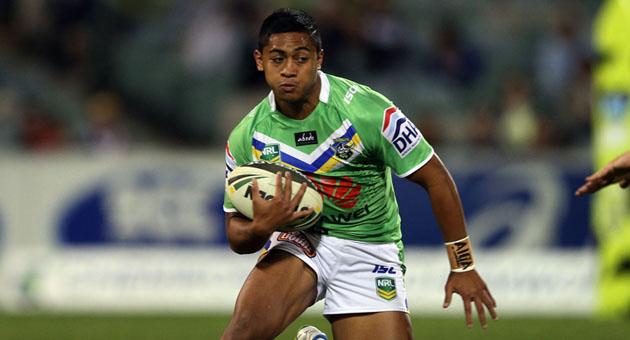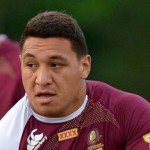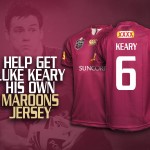Should Australian kids get rep jumpers before their counterparts?
Ashley Dionysius, Origin Online
There is a lot of hullabaloo around the eligibility issues in Rugby League and we all have different takes on what should determine eligibility. Given the emotional attachment fans have to the State of Origin concept, perhaps the best way to approach the issue is to look at things from a community viewpoint. Currently there are five criteria that govern eligibility, including birthplace and where you played through your teens, among other things. However, considering the resources the states’ governing bodies invest in the development of young players, they will naturally feel entitled to select players they have made that commitment to.
Originally, you played for the state in which you played your first senior game of rugby league. This was later changed to the Under 16s cut-off, likely to combat the scouting of young players from the opposing state at a young age. The point of this was to reward the state that developed the player.
The Queensland Rugby League, New South Wales Rugby League and Country Rugby League have been charged with the development of our junior footballers. While the clubs are involved to some extent, it is the state bodies that control representative football and therefore develop the elite young talent. This worked well while players were almost all eligible for Australia but the line is now blurred.
Rugby league in this country today has a distinct multicultural flavour – we have players eligible for nations in the Pacific Islands, Europe, New Zealand and many others. The state bodies are saddled with the responsibility of developing the game’s elite young players, but they are no longer developing them just for their own state. Are we entering an age where the best players are being selected, or the best eligible for Australia are selected?
This is a question of community over results. For the state bodies, it seems their goal is to drive involvement and the best way to accomplish that is with a winning Origin side. To do that, they need to nurture their best players from a young age, so it’s certainly understandable that eligibility could influence selection in junior rep footy. If there are two players of equal ability and one is eligible for New Zealand while the other is eligible for Australia, it’s only natural that the Australian would get the nod.
While this is may be seen as unfair it can get worse. If that New Zealand player is head and shoulders better than the Australian option, does the Australian still get the nod so to help develop them better in the hope of bringing them up to level of his Kiwi counterpart just because he is eligible for Australia? Many would argue that shouldn’t be the case, but because it’s currently in the best interest of the state bodies there will always be the temptation to do exactly that.
Is it fair that players ineligible to play for Australia are receiving advancements which could send the eligible parties away from the game? Should it be a case of the player should be developed regardless of who they can and cannot play for? Should the States be in control of development at all? Should this fall on the NRL? These are very tough questions as there are many competing but equally valid viewpoints, and for rugby league to continue to grow it’s an area the game’s administrators must look to clarify in the coming years.





